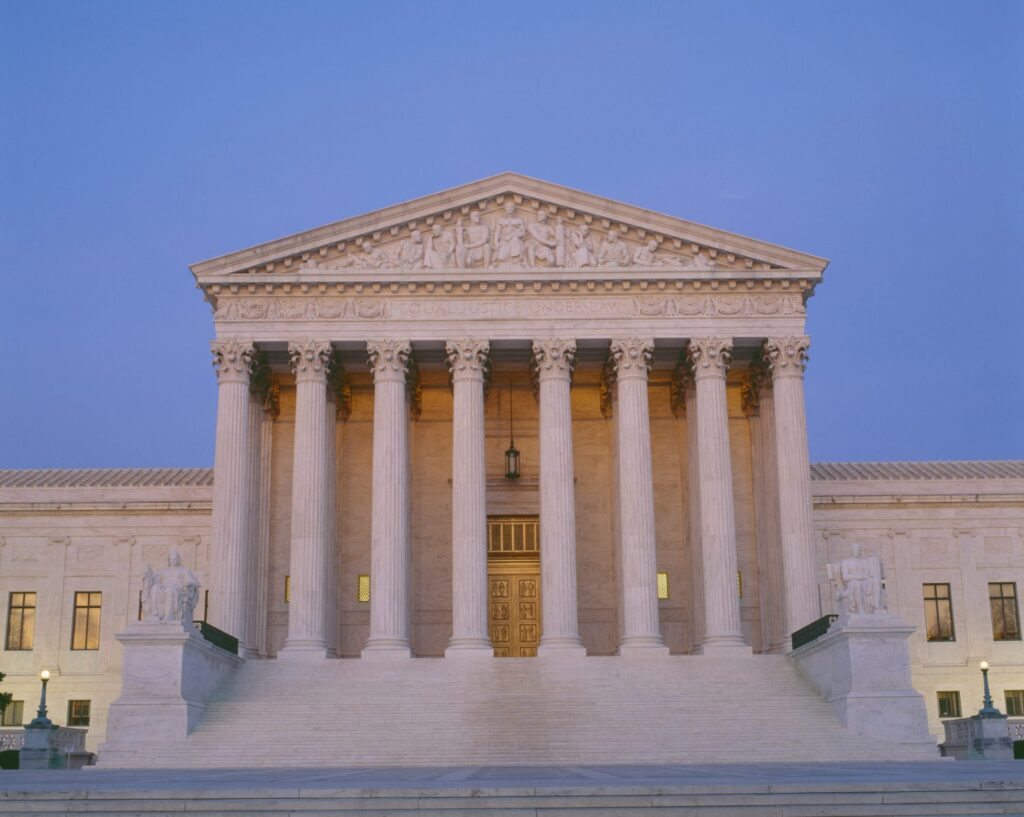In many of our recent blog posts, we’ve talked about the exclusionary rule and the Fourth Amendment. The Fourth Amendment prohibits searches and seizures of your property and privacy that are “unreasonable.” If this prohibition gets violated by the police or other law enforcement agents, then the evidence that they find as a result of the infraction gets excluded from any criminal trial that follows.
However, there are exceptions to the exclusionary rule, which allow evidence to be presented against you, even if it was found after your constitutional rights were violated by police. In the next few blog posts, we’ll talk about one of these exceptions, and a Supreme Court case that was recently handed down that drastically impacts your rights as a U.S. citizen.
Exceptions to the Exclusionary Rule
There are a small handful of exceptions to the exclusionary rule. We’ve gone over the “good faith” exception, which allows evidence to be presented in trial if it was found because of a Fourth Amendment violation that resulted from a “good faith” mistake by a law enforcement officer.
Another exception to the exclusionary rule is the attenuation exception. Evidence found from a Fourth Amendment violation is still admissible in trial if enough time passes between the violation and the discovery of the evidence, or if something happens between the two that prevents the constitutional violation as being the “cause” of the discovery of the evidence.
It is this exception that the Supreme Court just expanded beyond all reasonable recognition in a recent case.
Utah v. Strieff
In December 2006, police in Utah received an anonymous tip, saying that a certain house was a drug hotspot. A police officer watching the house saw Edward Strieff leaving the house. Even though he had no reason to stop Mr. Strieff, other than the fact that he had just left the house, the cop detained him and demanded his identification. This revealed that there was an arrest warrant out for Mr. Strieff. The police officer arrested him and, during the search that followed, found that Mr. Strieff was carrying drugs. He was charged with drug possession, and pleaded guilty on the condition that he could appeal whether the drugs that were found could be excluded from his trial.
Mr. Strieff’s appeals went all the way to the Supreme Court but, once there, the Justices sided with the police.
Strieff’s Fourth Amendment Rights Were Violated
As a preliminary matter, the police stop that Mr. Strieff went through was a clear violation of his Fourth Amendment rights. The cop had no probable cause, or even a reasonable suspicion, that Mr. Strieff was doing something illegal. In fact, even the Utah police admitted that the stop was unlawful.
The only question that was left to deal with in the case was whether the evidence found from the unlawful stop could be admitted.
In our next blog post, we’ll discuss the Supreme Court’s decision.
Maine Defense Attorney William T. Bly
If you have been charged with a crime in Maine, call the office of criminal defense attorney William T. Bly at (207) 571-8146 or online.


